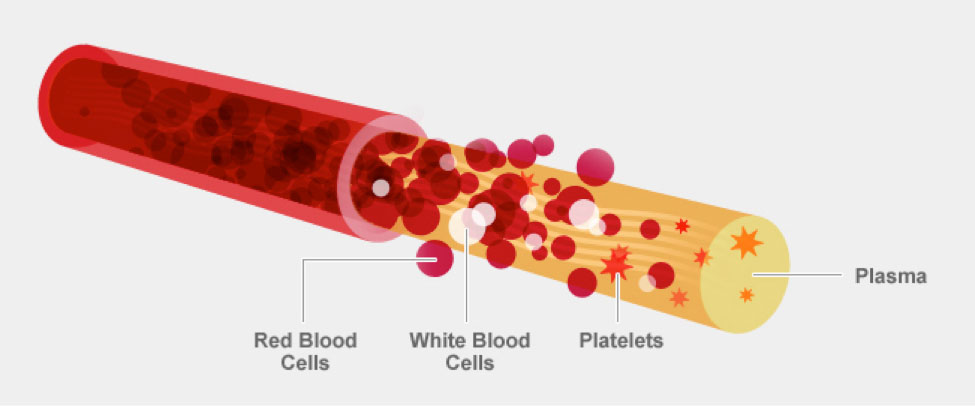
There are four components in our blood.
Here are the benefits of donating blood:
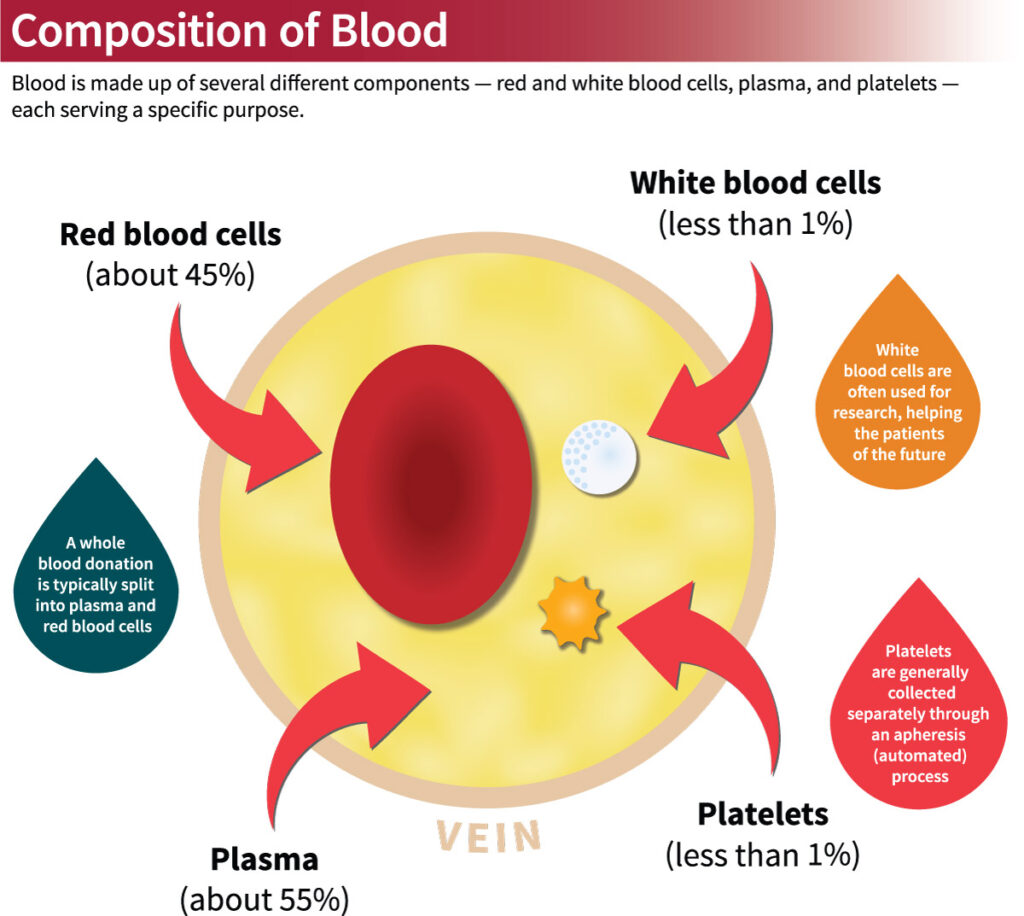
- By donating blood, the iron level is controlled, as excess iron level increases the chances of cardio vascular diseases.
- Burns Calories and lower the cholesterol level.
- Blood Donation provides you free health check-up.
- Enhances the production of new blood cells.
- It saves lives.
- Regular blood donation helps in lowering cancer risk.
- Helps in proper maintenance of heart and liver.
Donating blood means you are renewing your blood which means that you are giving it the capacity to revitalize itself.
Remember that men can give blood four times a year – women can give blood three times -provided there is at least three months gap between donations.
Regular Blood Donation plays a very important role in everyone’s life as once you donate blood,
the old cells get replaced with new cells which boosts our health and limits the iron content in our body,
that reduces the cause of cancer and other general health issues.
The World Health Organization (WHO) recognized World Blood Donor Day on 14 June every year to promote blood donation.
That day is Karl Landsteiner’s birthday, the scientist who discovered the ABO blood group system.
Have you ever thought of donating blood regularly?
If not, think once and try to donate blood regularly which helps the needy as well as us.
In blood, there are red blood cells, white blood cells, plasma, platelets that can be extracted from whole blood and can be used to three patients in need.
Any person with kind mind and humanity can come forward to donate blood.
By donating blood you can save lives.
But in turn blood donation benefit the blood donors as well.
Process for Blood Donation:
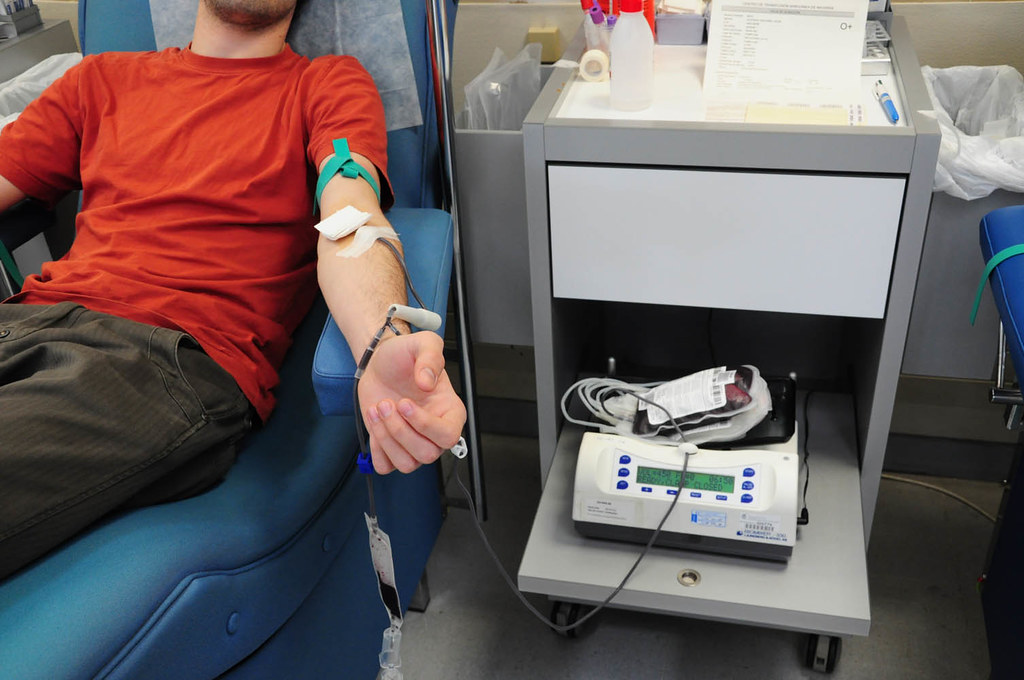
- First the donor is examined and asked specific questions about their medical history to make sure that donating blood won’t cause harm to their health.
- The donor’s hemoglobin level is checked whether his hemoglobin level is at standard eligible level.
- Pulse, blood pressure, and body temperature are also evaluated.
- Donor is eligible if his hemoglobin level is above 12.5 and blood pressure is normal i.e., 120/80 and weight is above 50 kg.
- Donor should have sufficient rest before donating blood and have some food intake at least half an hour before donating blood.
- 350 ml or 450 ml of blood will be taken from donors and after donation donor need to take sufficient rest if felt dizziness.
- The blood unit is stored for 30 days and anti-coagulant is used for preservation of blood in packet and it must be used within 30 days and after that it will be of no use.
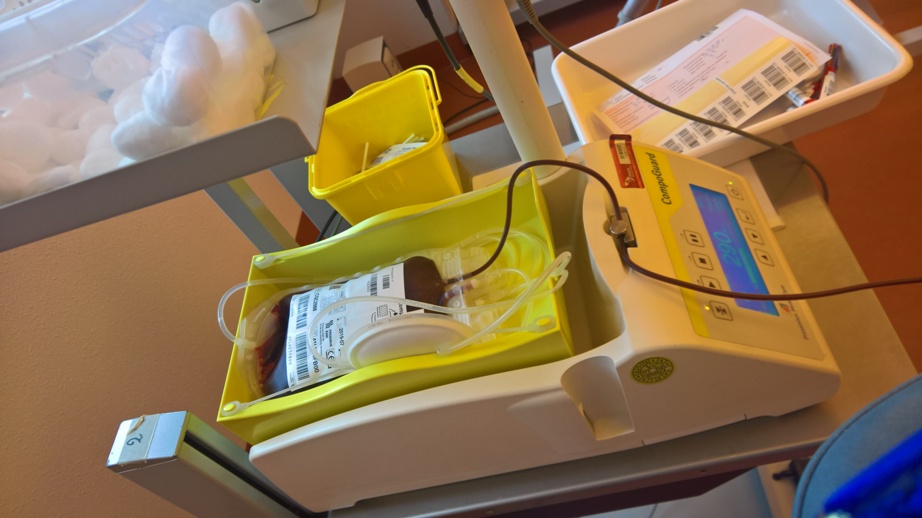
Make aware of these blood donations, donate blood at least once or twice per year voluntarily and be healthy.
As per the NBTC/NACO and Drugs and Cosmetics Rule, 1945 (122-EA, Part-XB),
Blood donation should be purely voluntary and the organizers must not gift anything to anyone visiting their camps.
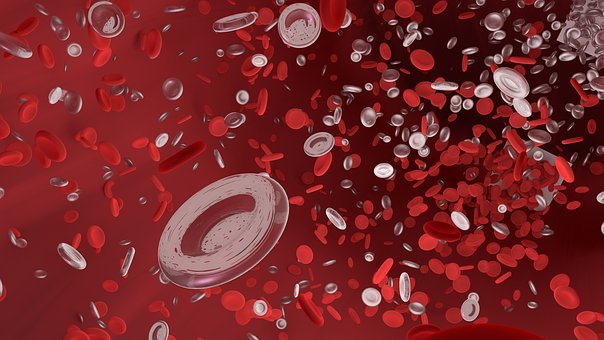
Myths on blood donation:
Some blood donors are eligible for platelets donation also depending on their veins.
The minimum gap
between 2 blood donations is 3 months
between 2 platelets donations is 2 weeks
between blood and platelets donation is 1 month
between platelets and blood donation is 1 month.
Now a days everything got commercial and this blood donation is not an exception.
Some people donate blood by taking money in return and these are called as professional donors.
Due to these people, many have negative impression on blood donation.
To avoid these, government as well as NGOs are trying to make awareness about the blood donations to public.
Many people have an impression that blood banks are doing business with our donated blood like they are taking blood from us for free in blood donation camps and giving that unit to patient with some charges.
Those charges are for screening purpose to check whether the unit extracted contains any infectious diseases before giving it to patients and for those tests there will be huge need of chemicals and for those chemicals and freezer to maintain the units for storage, charges will be there and those will be charged from patients.
Now, you got an idea right why blood banks are charging money for blood units?
Now go ahead and make it a habit of donating blood regularly like for every 3 months.
Every year in rainy season, there is so much need of platelets as well as blood to patients due to dengue and other major diseases, but there is shortage of blood and platelets.
So donors kindly come forward and donate voluntarily or in emergencies and help the needy.
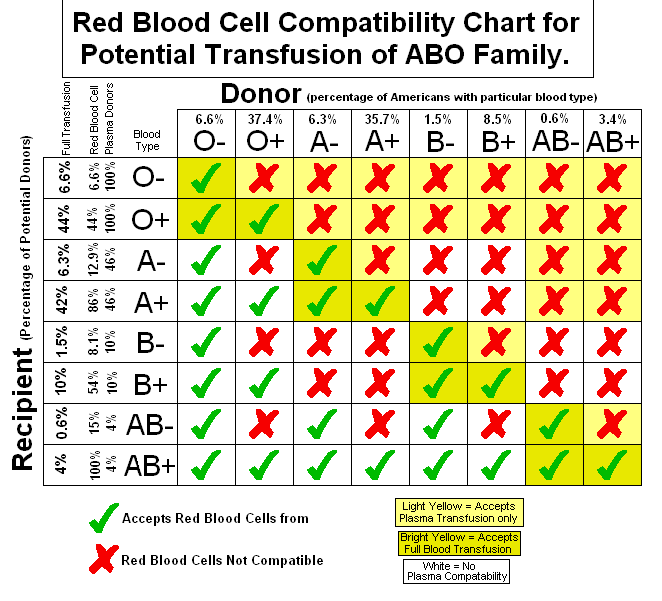
Points to be noted:
- Donor must be atleast 18 years of age.
- No diabetes and no alcoholic
- Shouldn’t have taken any tablets within 24 hours,
- Weight should be atleast 50 kg.
- Hemoglobin count should be at least 12.5
- Blood pressure should be normal (120/80)
- Pulse rate should be normal (72-100)/minute.
- Should have at least 7 hrs of sleep in the night before donation
- If affected with jaundice or malaria or typhoid, should not donate till 1 year
- If undergone any surgery, should not donate till 1 year
- If donated platelets, need to wait for 1 month to donate blood.
- If donated blood, you need to wait for at least 3 months for next blood donation.
Food to eat for improvement in hemoglobin:
Deficiency in iron makes low hemoglobin in our blood.
I gave the information under “NATURAL FOOD FOR HEALTHY LIVING” article about the food to eat to improve hemoglobin as well as platelets count naturally.
Apart from that list other food which would help improve haemoglobin level naturally are:
- Pomegranate
- Water Melon
- Pumpkin Seeds
- Beetroot
- Dates
- Bananas (Folic Acid)

Apart from this have a positive mindset and improve some daily habits to improve lifestyle.
We don’t just need to give blood in the event of tragedies or emergencies.
Instead, it should be a normal and routine part of our lives.
Please comment your views about this article.
Gaining knowledge is not knowing everything about something; it is knowing something about everything.
